LiMai Montessori Academy is setting the bar for expansion of the famous method.
Six-year-old Daniel has a diagnosis of autism and has very limited ability to communicate verbally. He is currently attending LiMai Montessori Academy in Diamond Bar.
Christine Quintero, the director of that school, says he’s a happy, friendly child who is uncomfortable with direct eye contact. His verbal response is limited to single words: “no,” “yes,” “eat” and “play.” It is difficult for him to focus his attention on any given activity and he needs extra support to concentrate.
But Quintero shared a recent breakthrough: “One rainy, cold day, the children were watching a video of Hans Christian Anderson’s story of ‘The Little Match Girl.’ Daniel watched the video intently, sitting about 10 feet away from the screen. As the story proceeded, and the plight of the little match girl worsened, I heard Daniel’s voice tenderly and clearly say, ‘poor little girl!’ I was so surprised and touched by his ability to focus on the story and to express himself, showing empathy and that he was fully aware of the storyline.”
It’s this kind of success story that illustrates just how effective the Montessori method can be for children with special needs, says Spring Zhang, founder and principal of LiMai Montessori Academy and its four schools in Orange and Los Angeles counties.
Zhang says that in the late 1890s, Maria Montessori worked with “defective” children who were “classed together with the insane,” according to biography “Maria Montessori, Her Life and Work.”
“The children’s caretaker criticized their food-playing habits, but Montessori recognized their basic need to learn and understand with their hands,” says Zhang. “Seeing the children’s potential for growth and change, she placed them in an educational setting and adapted the surroundings to their needs. Montessori’s attitude towards her first pupils could be called a growth mindset. Growth-minded individuals believe that ‘although people may differ in every which way — in their initial talents and aptitudes, interests or temperaments — everyone can change and grow with application and experience.’”
Zhang says all of their four schools now or in the past have served children with autism, ADHD or other types of special needs. Though she stresses that if a professional agency’s evaluation report indicates that the child’s condition requires a higher level of intervention, one-on-one with a special teacher, they may need to attend a more specialized school.
But for many children, the Montessori method can provide much needed guidance for growth. She says that with the release of the artificial intelligence model GPT-4 by OpenAI recently, she finds it particularly relevant to how early childhood education should be responsive to different children’s varying needs and the importance of nurturing children’s growth mindset.
“The talents of the future will be those who know who they are, what they want and what they want to achieve,” she says.
Though Zhang’s passion for education appears bred from birth, she hasn’t always been in this field.
Before LiMai, she worked in the media industry for more than 10 years as the editor-in-chief of His Life magazine, a famous lifestyle magazine in China. She also worked for VOGUE China as a senior features editor and was deputy director of Robb Report China magazine before that.
Related Posts
“When my first child was 3 years old, my husband and I made a conscious decision to migrate to the U.S. for a civil society,” she says. “I joined an executive MBA program at Chapman University. During a school break, I met two wonderful women: one was the owner of a Montessori school in Napa Valley, California and the other woman was a board member of a chain of Montessori schools in Southern California. I was already a big fan of Dr. Maria Montessori, so they encouraged me to pursue my love of the Montessori method way of teaching and managing. Since then, I am dedicated as a Montessori educator and school leader. My vision is to prepare as many children as possible to become responsible global citizens and help them find purpose and joy in their lives.”
In 2015, she stepped into one classroom at the Montessori Institute of San Diego for her Montessori training, and from that moment on, she became even more fascinated with the method. She graduated with her master’s degree in Montessori education from Loyola University in Maryland.
“Time flies when you’re doing what you love,” she says. “It’s just unbelievable that this year is my eighth year in early childhood education.”
Zhang is one of the founders of LiMai Montessori Academy and she’s been in charge of the operations of all LMA schools since March 2017. Of their four schools — located in Buena Park, Diamond Bar, Rancho Santa Margarita and Cypress — three of them are the first authentic Montessori school in their respective city. There has been great evolution over the years for the academy.
“An analysis of Montessori’s early work reveals a crucial point: Dr. Montessori believed that humans have the potential to grow and develop,” Zhang says. “In order to be authentic to Montessori’s original approach to children, Montessori programs in all of our LMA schools must also embody and cultivate a growth-oriented mindset. Our children and teachers love our schools more and more every day because we have been developing and building a school culture that wants to keep growing and help each other succeed. It is also because we act every day to tell each child, to tell each other, that we care.”
The brand of LiMai Montessori Academy focuses on acquiring existing childcare centers in Southern California and transforming these schools into modern Montessori schools to offer high-quality teaching and service.
“This is something that LMA as a brand love to do and something that we are getting better and better at doing because of the success of our schools,” she says. “The motivation to me is crystal clear: to prepare as many children as possible to become responsible global citizens and help them find purpose and joy in their lives. Everything I do daily, I want to align with the top priority of an authentic Montessori education — to help develop ‘autonomous, joyful, lifelong learners.’”
For more information, visit www.LimaiAcademy.com

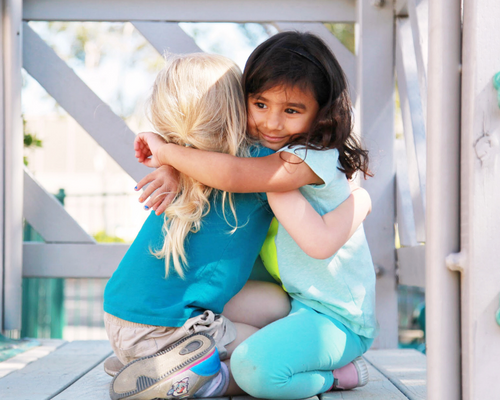
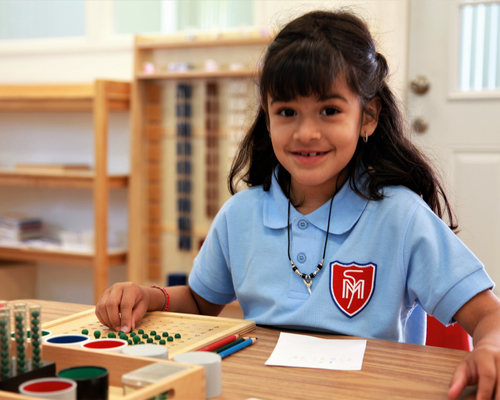
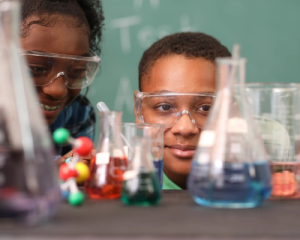
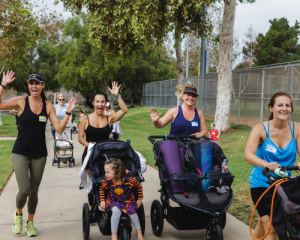
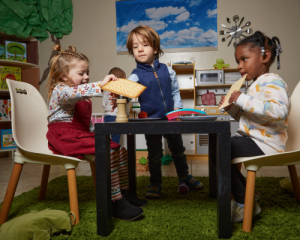
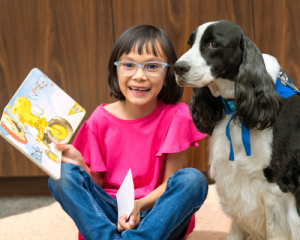
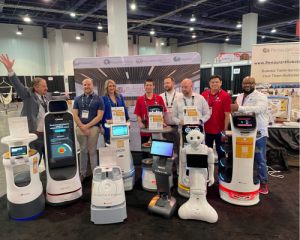
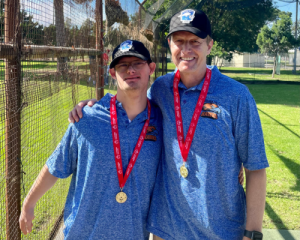
Leave a Reply